
Categories of Photography
5th December 2019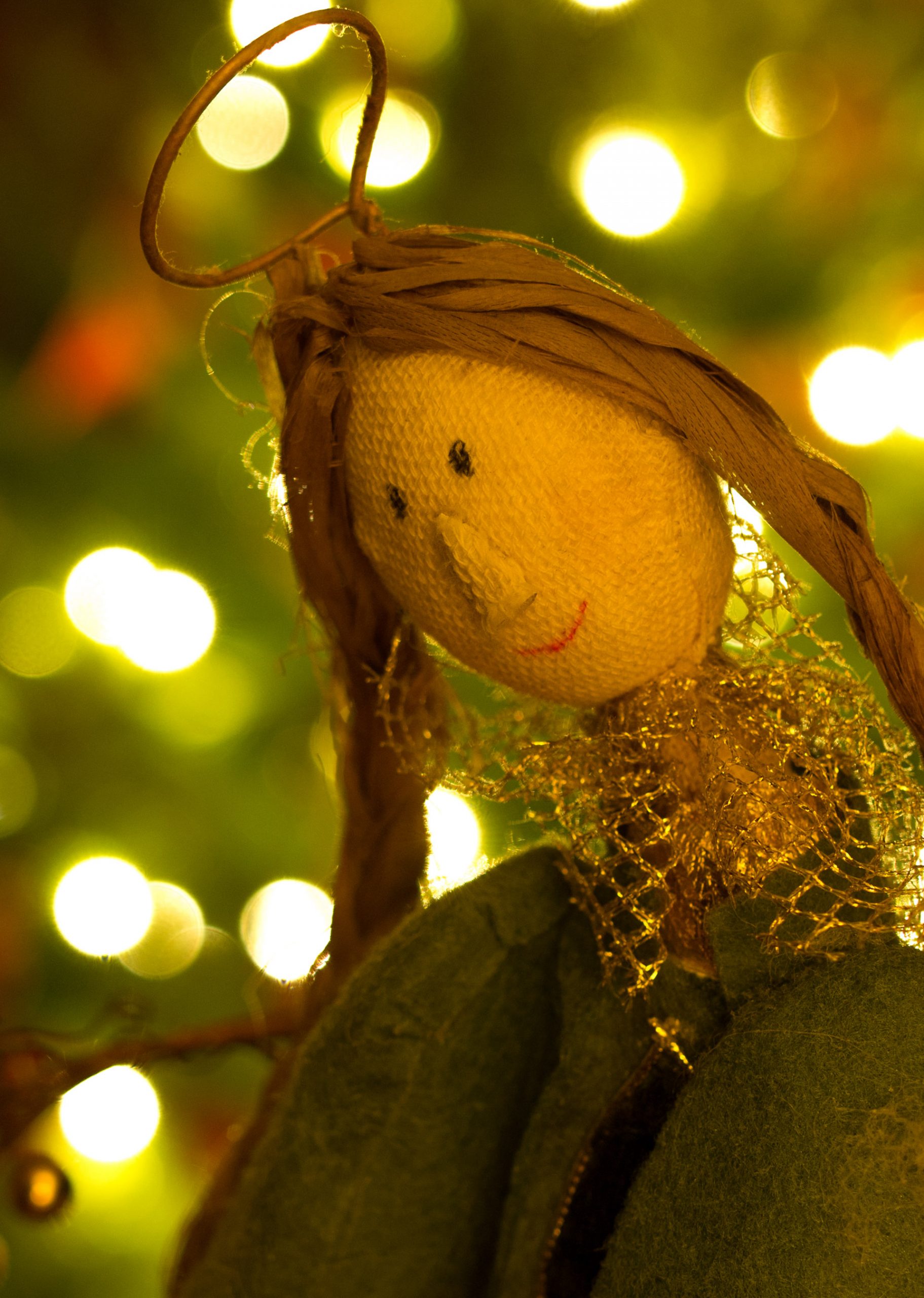
Merry Christmas!
18th December 2019“The
more I learn, the more I realize how much I don’t know.”
Albert Einstein
Those who are most learned in any field realise they know very little about the areas in which they have expertise. Conversely, those who know very little often have the false belief that they know more than anyone else. This is the Dunning-Kruger effect.
That paradox feeds ‘Imposter Syndrome’, where people at the top of their game feel inadequate because of their lack of knowledge. They believe that they should not be doing what they do or in the position they hold because they know so little. Consequently, they push themselves to learn more.
Have you noticed that awareness of that has started another trend? People vainly claim they have imposter syndrome, trying (and often failing) to improve their standing in the eyes of others.

Learn from others
Annie Leibovitz’s talent is amazing.
A while ago I bought an online course she was running. The background to her work fascinating.
One of the things she said was that she was not a technical photographer. Of course, she can afford not to be. She has a team of people behind her setting up her camera and lighting equipment and carrying out post processing for her. I am sure she knows that a certain combination of camera settings will bring about her look, her style.
She has an employee who applies the digital dodging and burning to areas of her photos according to her wishes and others to assist with the printing. She has a vision and then uses others’ expertise to realise that. Having that vision is probably the most important factor in great photography.
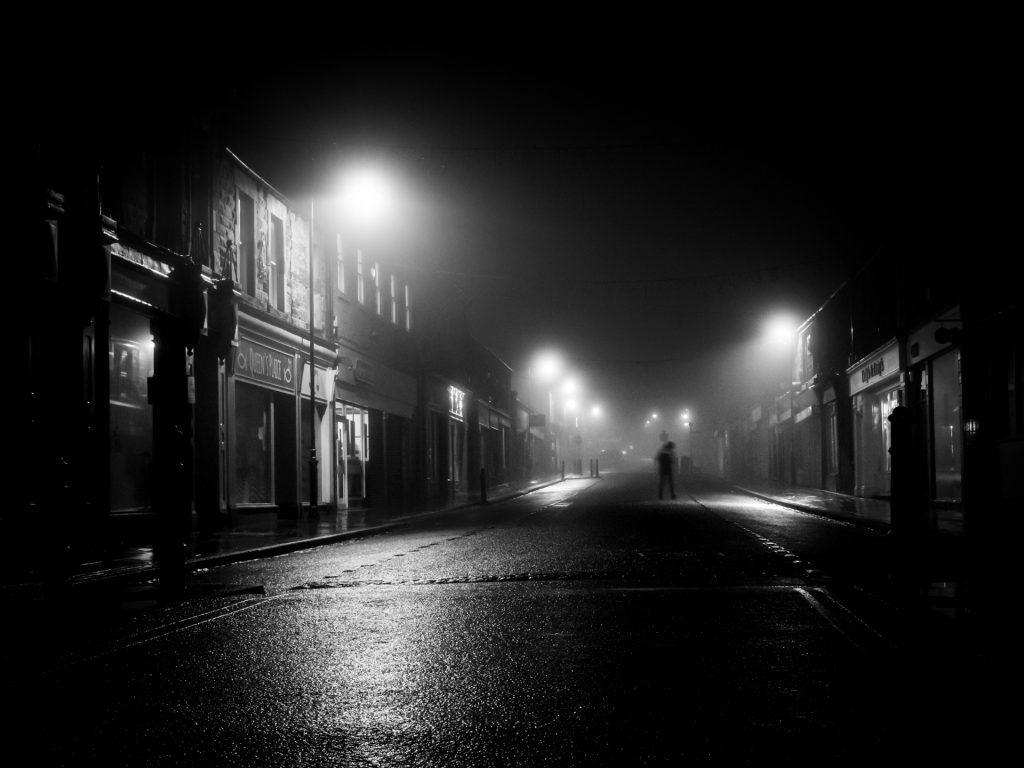
I know I am not the only person who has watched this course. Reading lots of photography forums shortly after it was published, so many other photographer’s claimed that they were “not technical photographers”. It was as if this declaration gave them kudos, that somehow it made them a better photographic artist. Unfortunately for them, they don’t have Annie’s technical team to back them up.
Furthermore, not having the technical knowledge does not equate to having the creative vision; they are not mutually exclusive.
Because you have the technical skills does not mean you cannot have the vision. In fact, to realise that vision, to be able to express yourself fully artistically, you do need the technical know-how. The greater your technical knowledge the more easily you will be able to create what you imagine.
Thinking About Precision
Photography has changed with technology. Cameras have always been precision instruments, but that precision is more accurate than in the past. Consequently, there is an expectation that images are properly exposed with accurate focus and a correct depth of field for the subject matter. That expectation is far greater now than ever in the past.
Sure, we can get away with producing deliberately imperfect images, but having the skills to do that well require first the ability to be precise with our photography. That requires learning.
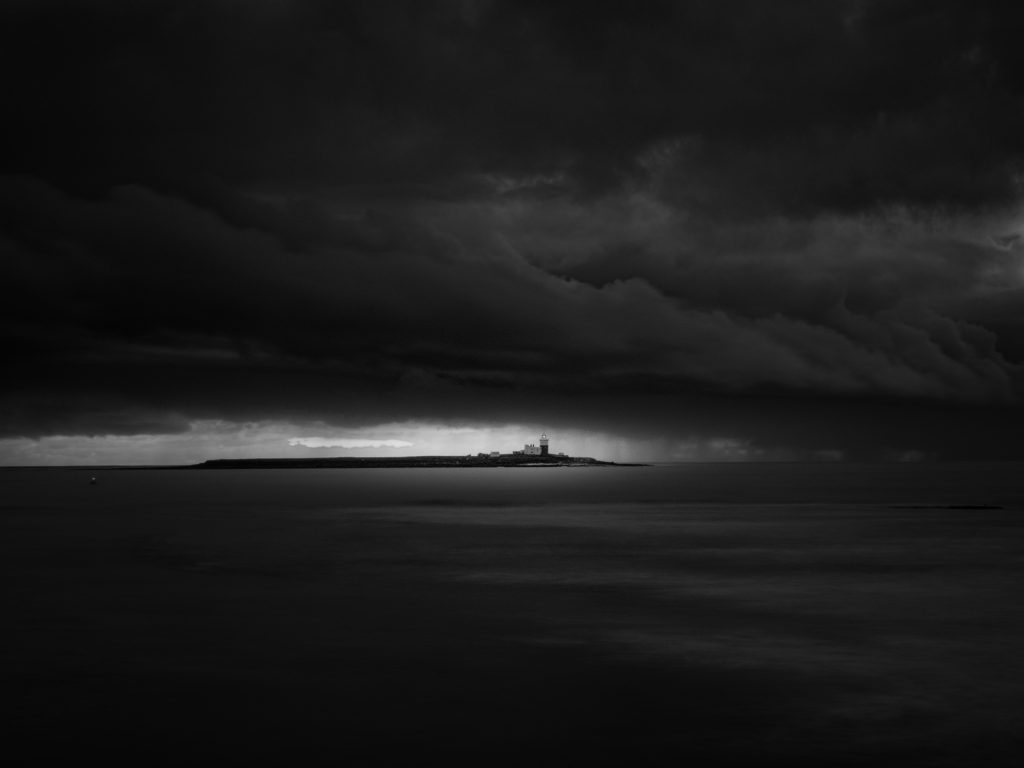
Learning
There are a myriad of ways to learn photography. It is tempting to get stuck with one particular method but most good learning comes from a range of sources. Books and magazines , vlogs and blogs, personal tuition, constructive expert feedback on your photography and membership of clubs and photographic societies all are great sources of inspiration.
There are many different teaching styles, but the adage I learnt when I first started instructor training in my twenties was “What I hear I forget. What I see I remember. What I do I know.” That still holds true today. Good teaching is practical as and you will learn will best by doing.
But, be aware. The more you learn, the more skilled you become, the more you will consider yourself an imposter.

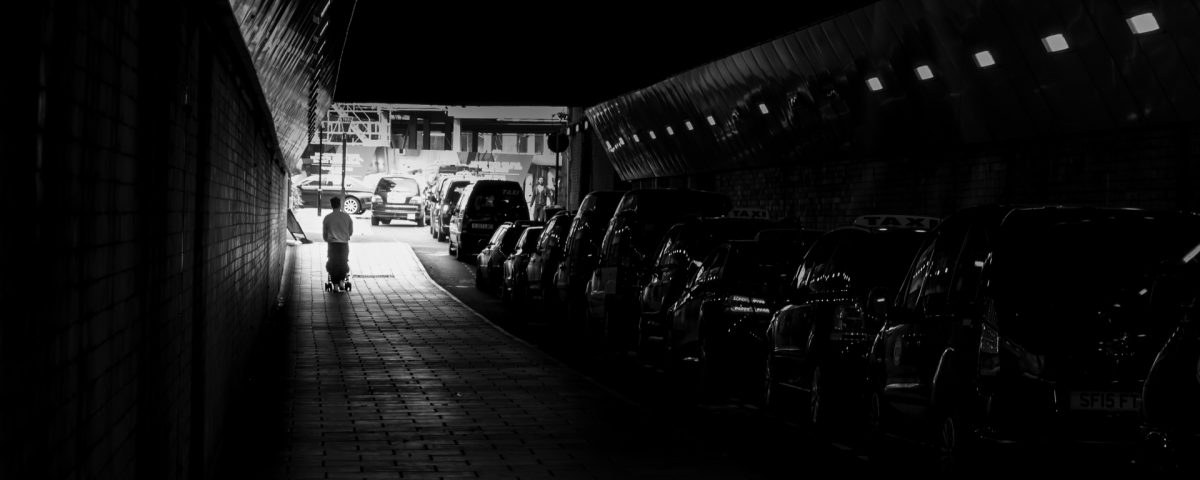
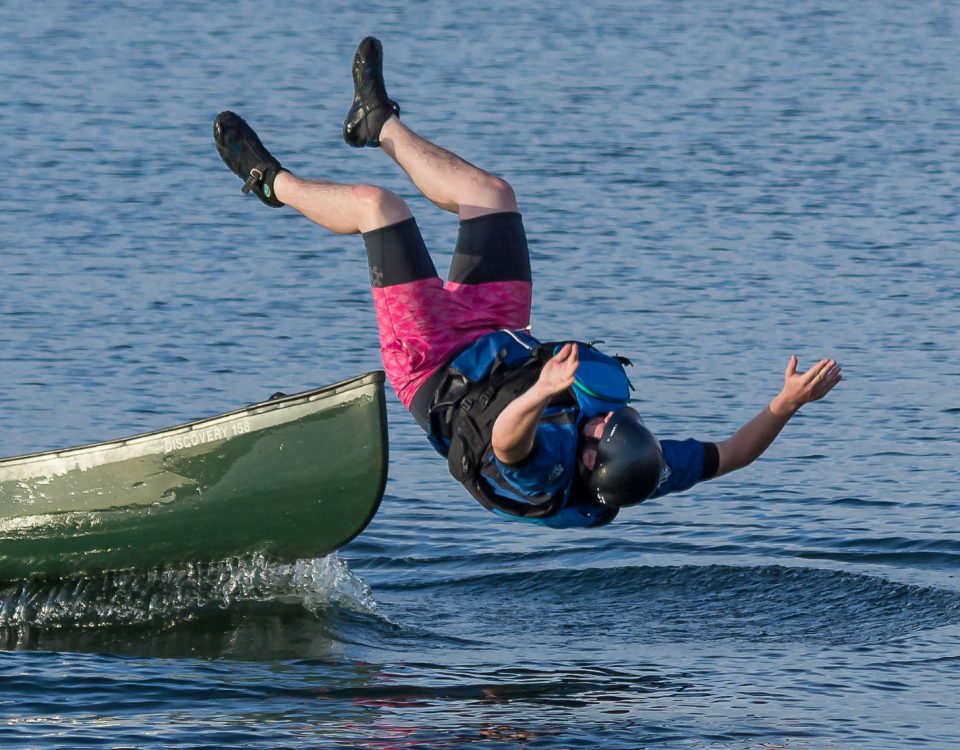
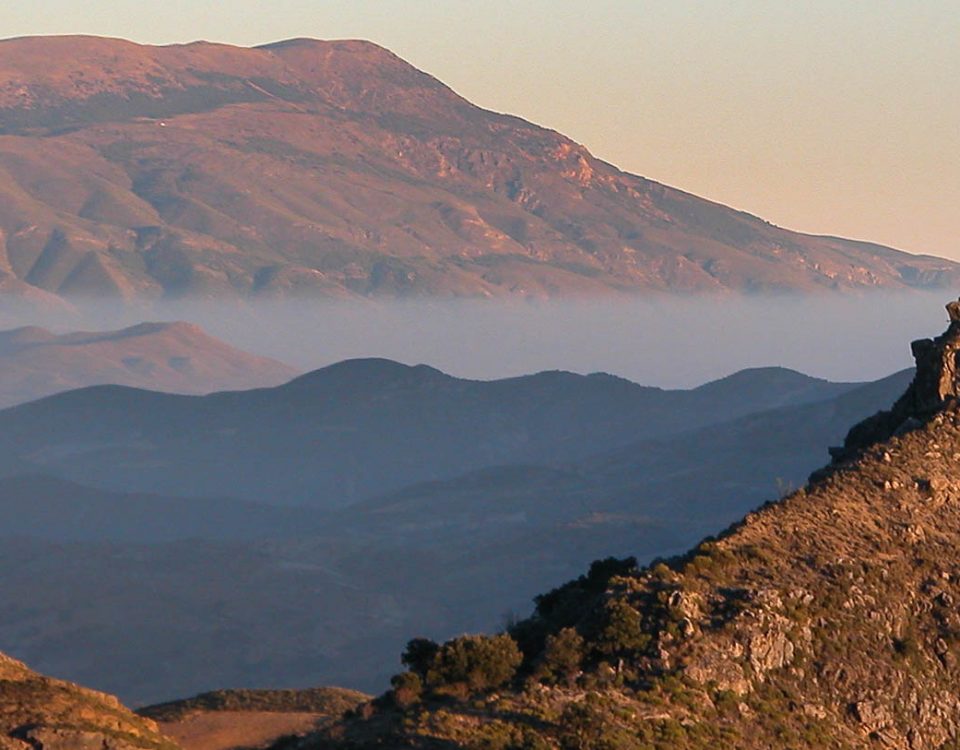
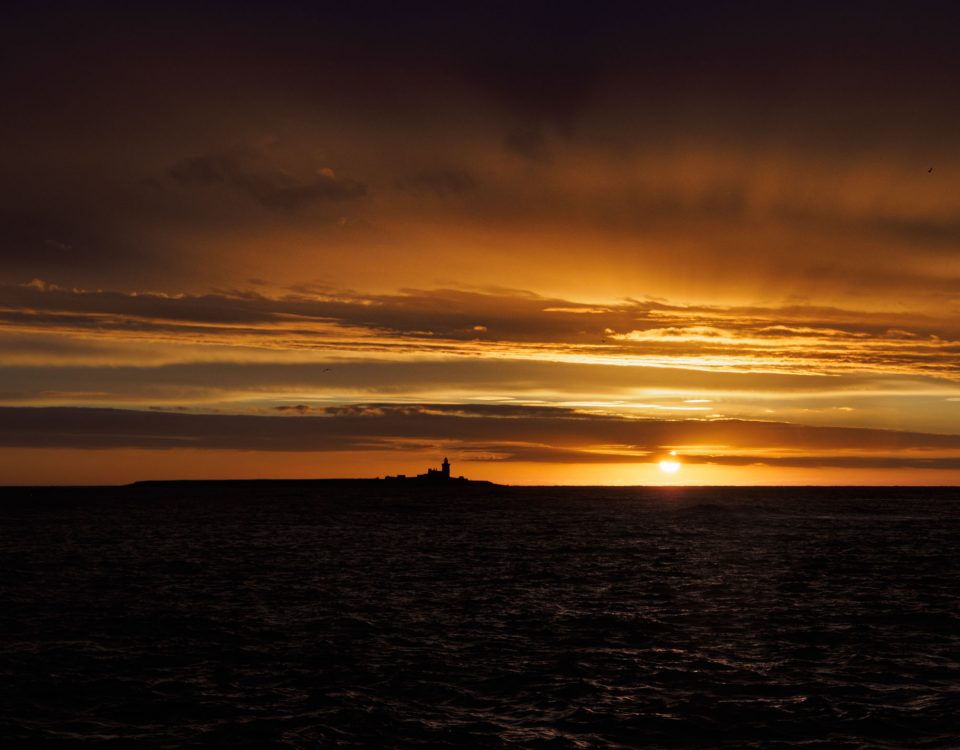
1 Comment
I don’t think I’ve reached imposter phase; but I am humbled when teaching others in my retirement community.